Navratri or Navaratra is a days-long festival celebrated by Hindus to honor the Goddess Durga and all her nine avatars. It commemorates the battle between her and the demon Mahishasura. And her victory is seen as symbolic of the triumph of good over evil.
During Navratri season Hindus organize sociocultural programs, have prayer gatherings, observe fasts, perform various poojas, and host idols of Goddess Durga in pandals. These idols are then immersed in the water marking the end of the celebrations. For many Hindus, Navratri is a time of feasting and fasting, a time to observe daily prayers and offer penance. Unfortunately, though It has also become a time that negatively impacts the environment.
As we watch our planet become hotter and the weather more extreme, we are witnessing first-hand the ill effects of global warming and climate change. That is why we need to be more conscious about our choices and how they're affecting the Earth.
And those conscious choices should also include relooking the way we celebrate our festivals and making them more eco-friendly. This Navratri let's take a go green challenge and inspire others to do the same.
Understanding Eco-Friendly Pooja Practices
Now you may be wondering what it means to have an eco-friendly pooja. Simply put it is a pooja celebrated and performed in a manner that reduces any negative impact on the environment. Here are some tips to help you go green:
- Use of biodegradable or reusable materials
- Avoid using plastic and other synthetic items
- Use natural dyes and colors
- Switch to LED lights
- Avoid loud sound systems that cause noise pollution
Benefits of Going Green This Navratri
- Environmental Benefits- Opting for eco-friendly and sustainable products drastically reduces plastic waste and if you are recycling and reusing things instead of buying them you end up conserving earth's precious resources. You can also contribute to the reduction of various types of pollution by completely avoiding firecrackers, loud sound systems, and excessive lighting.
- Cultural and Spiritual Benefits- By following these practices we can strengthen traditional Hindu values of nature worship and promote conservation by avoiding wastefulness. It also creates a sense of oneness with nature and a sense of community.
- Health Benefits- Eco-friendly practices reduce the exposure to harmful chemicals from synthetic materials used in the idols and prevent these from getting into our water bodies and causing contamination. Sustainability also encourages one to eat local and nutritious food and avoid waste.
Now that we've established its importance and benefits let's have a look at how you too can Implement Eco-Friendly pooja practices.
-
Eco-Friendly Decorations: Use locally sourced flowers, leaves, etc to add a touch of natural beauty to your decor. Switch to LED lights or solar lights instead of diyas as they are not only environmentally friendly but also last longer than traditional diyas.
-
One-stop solutions: If you are confused and bogged down by all the dos and don'ts and aren't sure about how to do things then go ahead and get yourself a Navratri pooja kit available on the Brown Living website. Purchasing products from the platform will help reduce excessive consumption and wastage.
-
Sustainable Offerings: Use only organic and locally sourced items as offerings. Use bamboo baskets to pack your offerings. Avoid synthetic or chemically treated items and use ceramic, wood, or other natural materials.
-
Adapt eco-friendly processing: Take leftovers to designated spots for processing instead of throwing them away.
-
Opt for organic: Use locally sourced organic food for your meals.
-
Eco-Conscious Rituals: Use idols made out of clay, mud, or paper and decorated with natural dyes. Avoid excessive usage of natural resources especially water during rituals
-
Get the community involved: Encouraging local communities and groups to adopt green practices. Convince them about the urgent need for climate activism.
-
Buy from sustainable clothing: Purchase ethical festival wear—buy from companies that support sustainability and provide quality pieces of clothing that not only last long. Support local brands and stores that source their products from local artists and artisans. A good handloom piece will make a good addition to your wardrobe. Ditch fast fashion.
-
Post pooja cleanup drives: Organize and participate in cleanup drives post-festival. Help in proper disposal and segregation of trash.
Conclusion
Navratri festival brings to mind dandiya nights, music, dancing, friends, family and delicious food. It's a joyous time and you can make it extra special by contributing to environmental efforts and taking actionable steps towards a more sustainable lifestyle.
























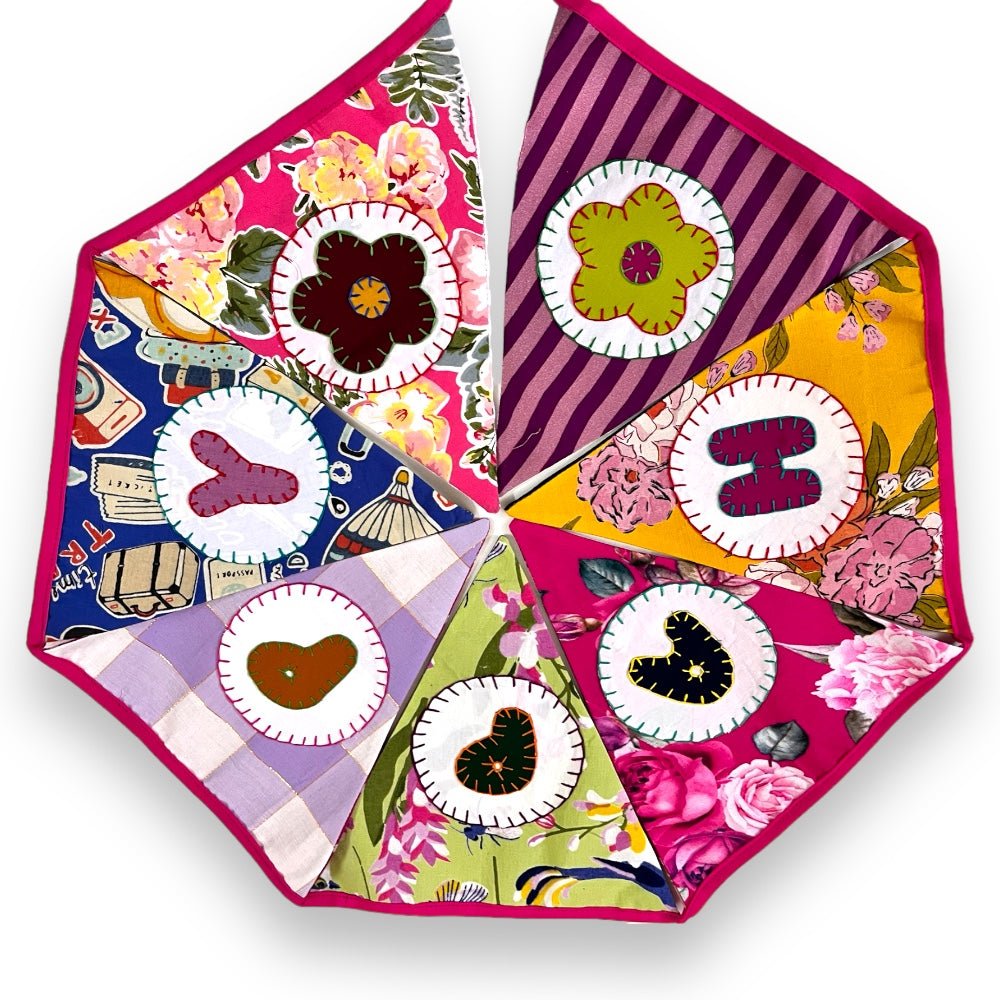
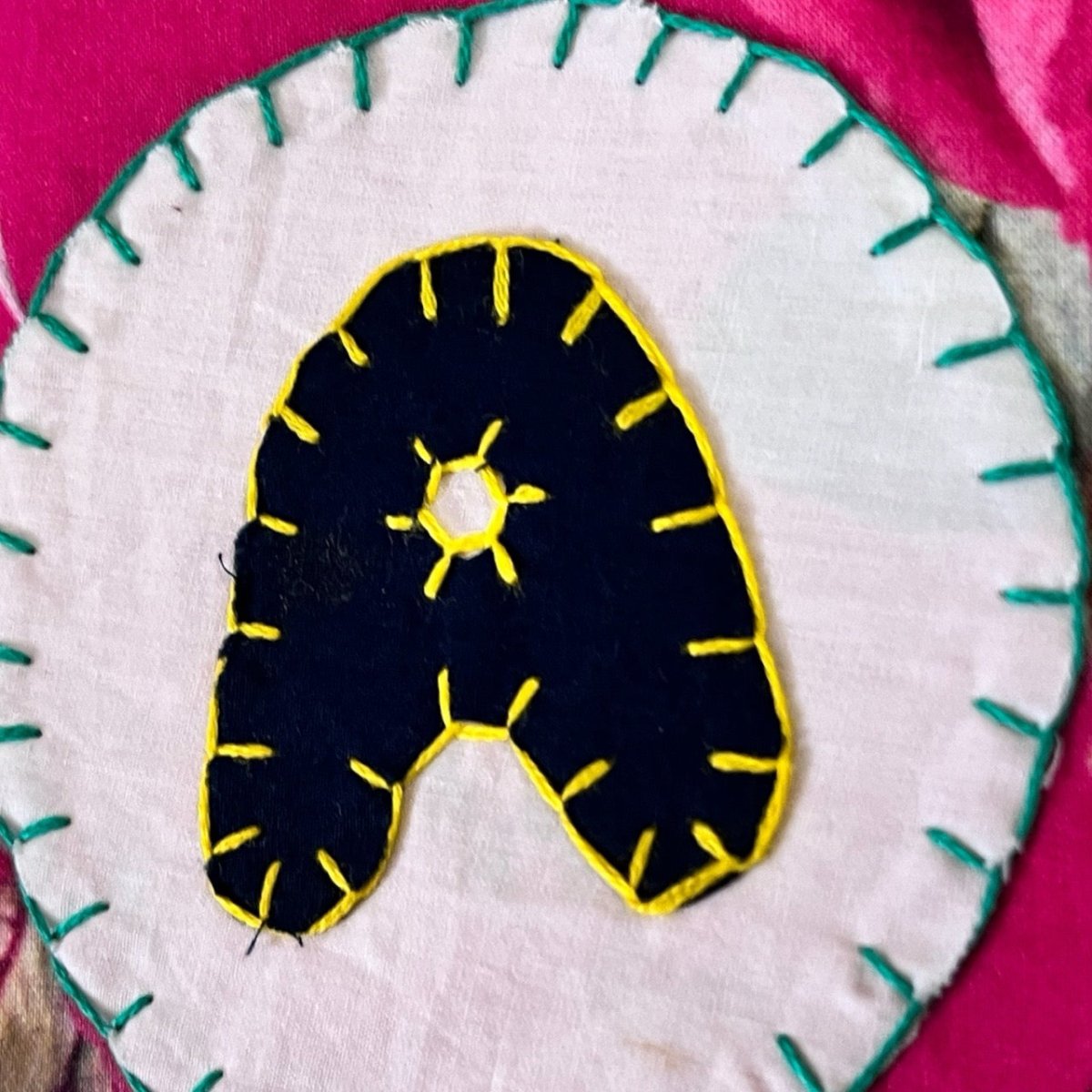

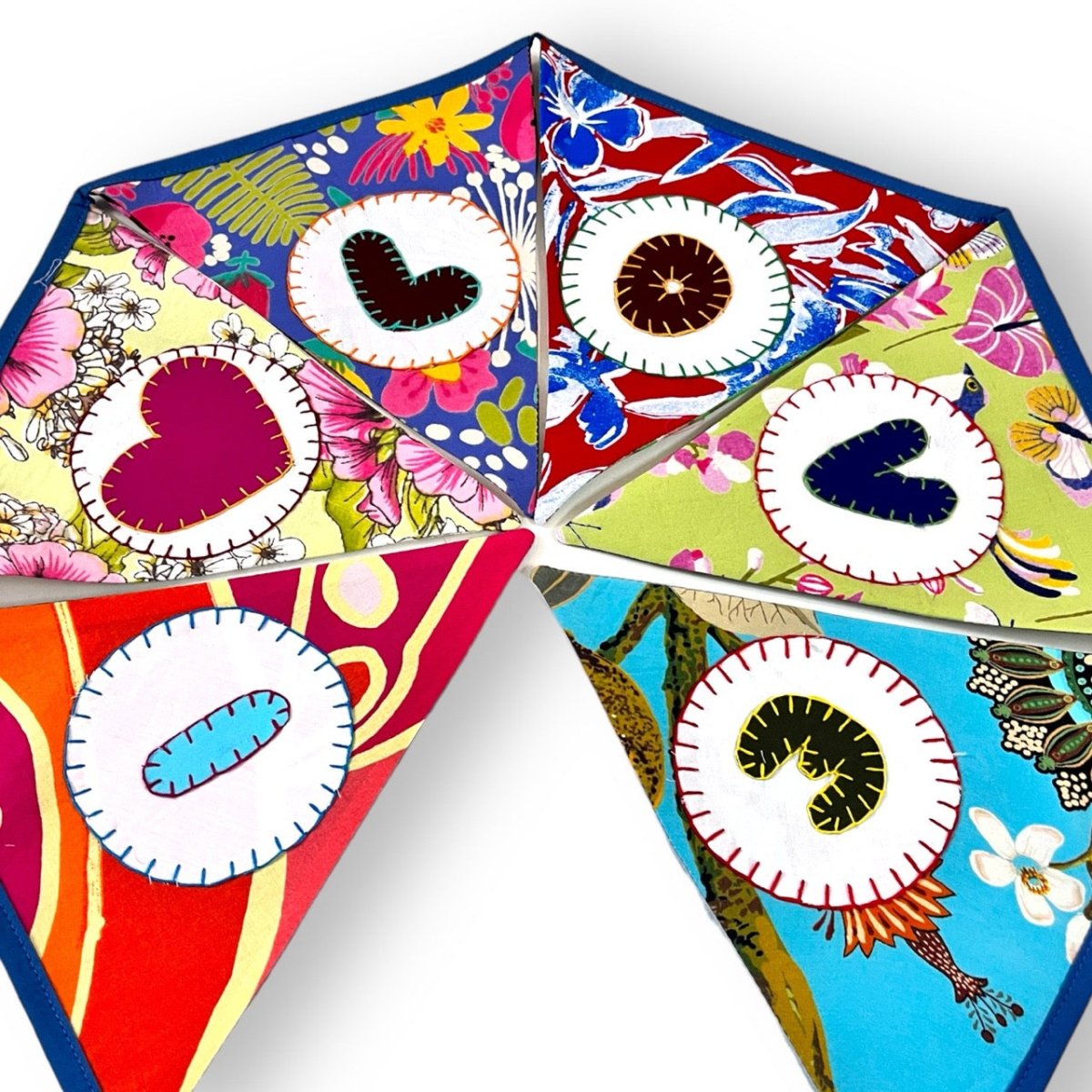
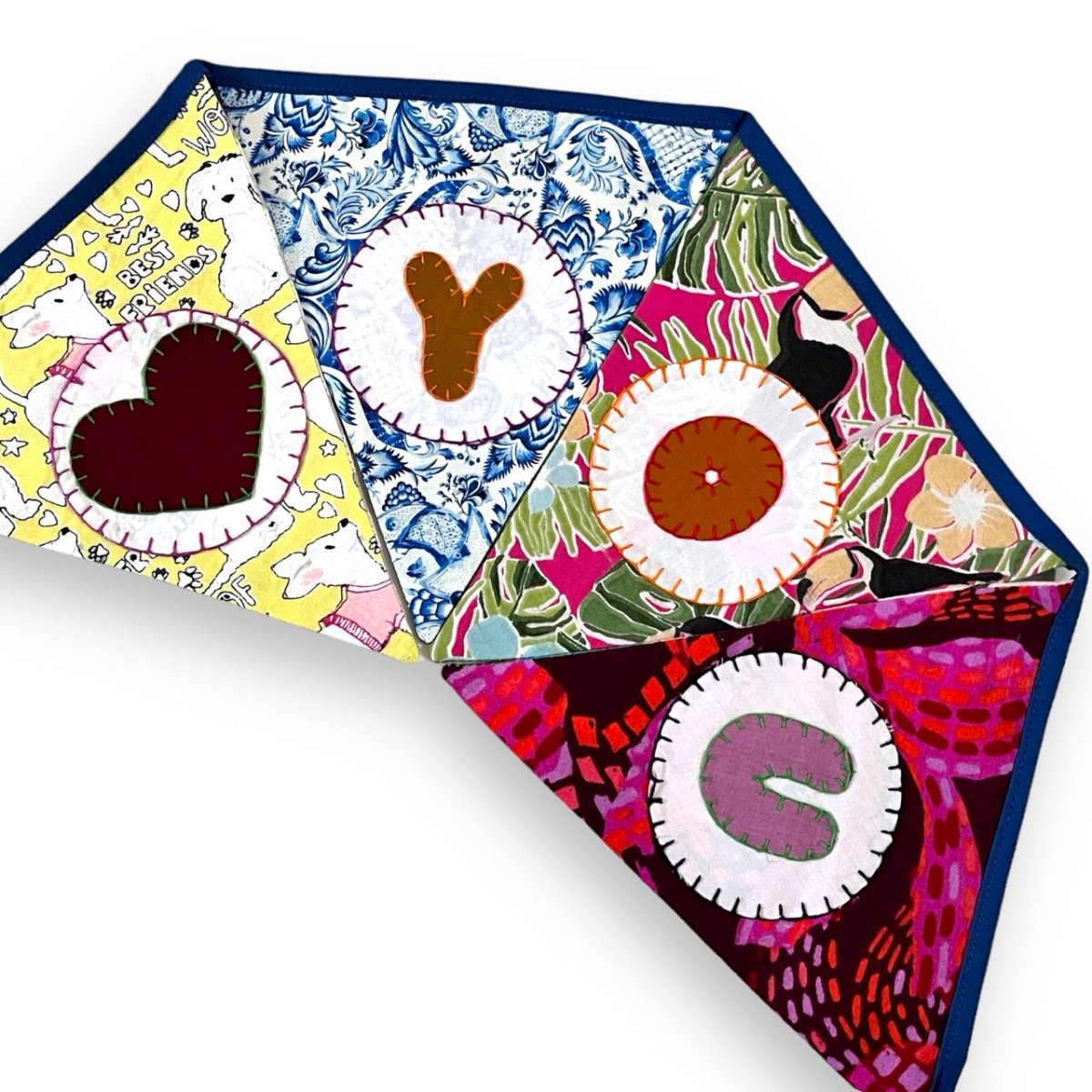





















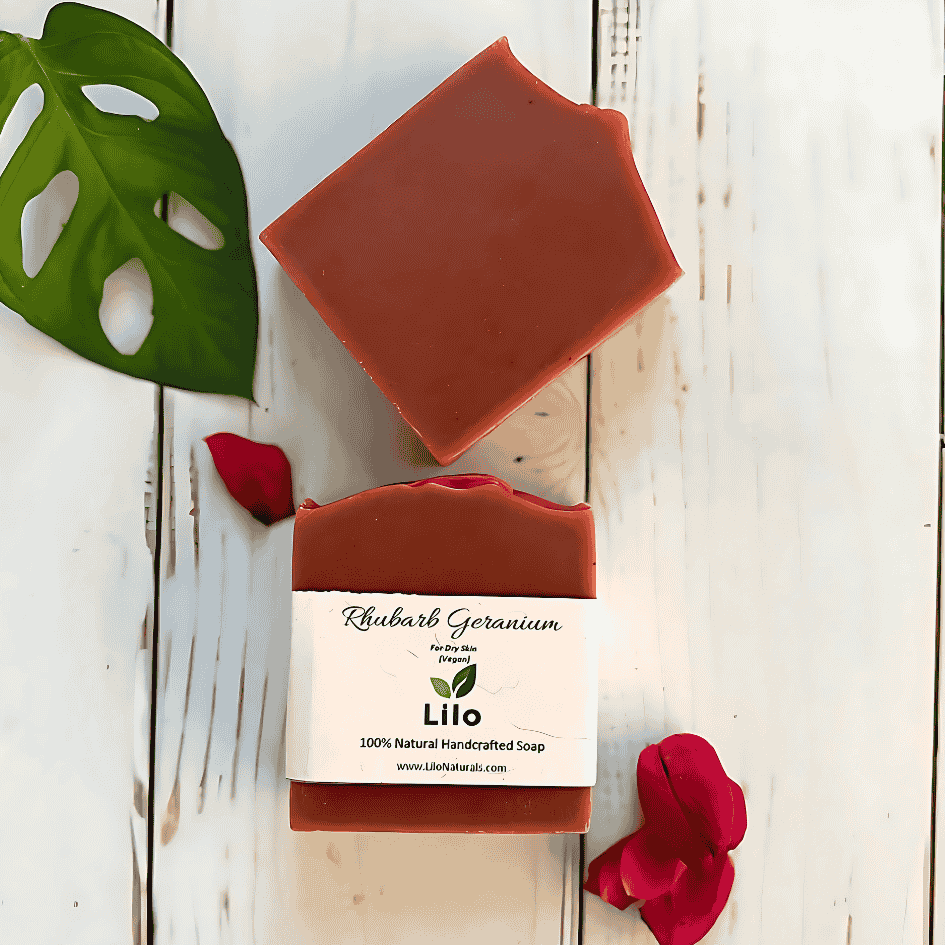


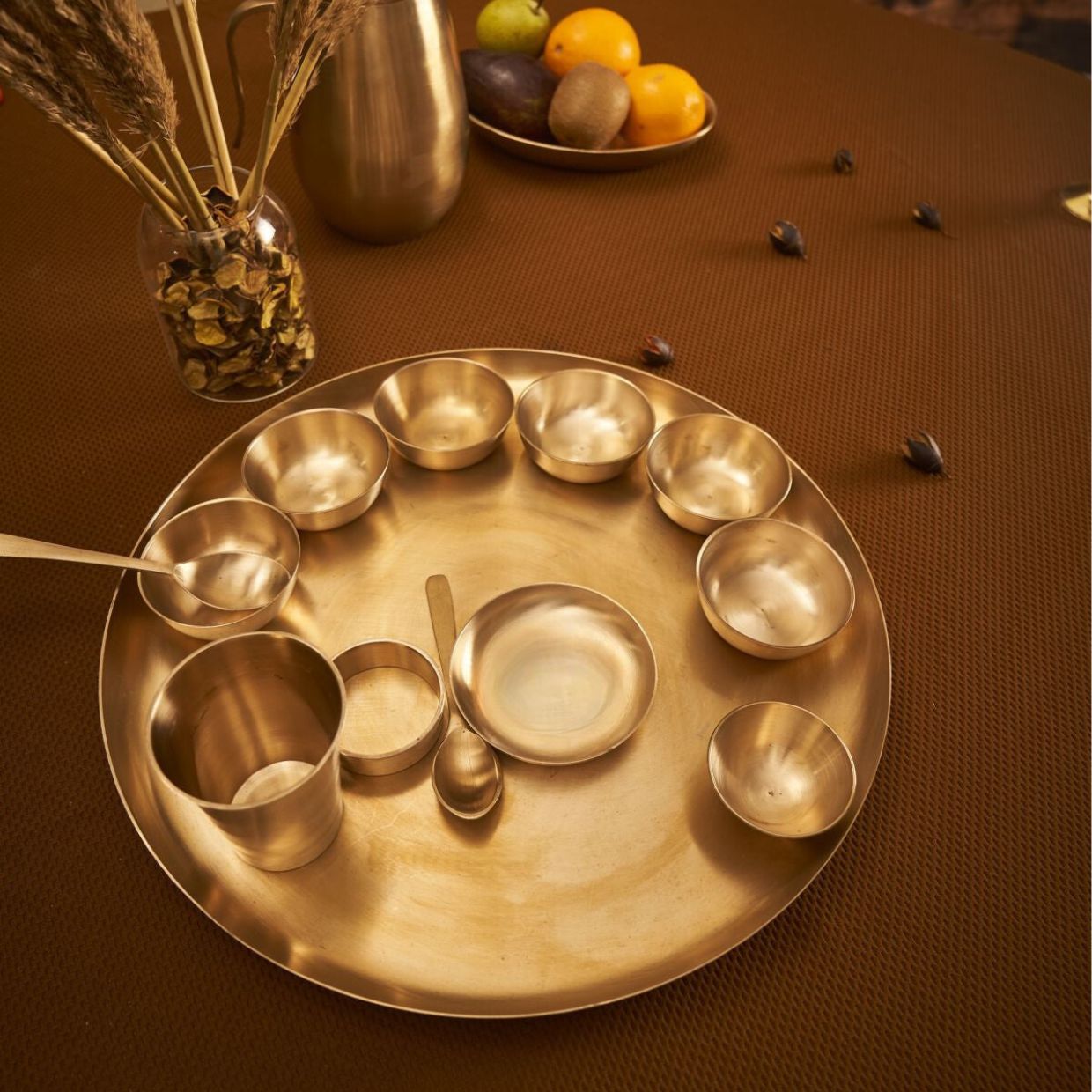

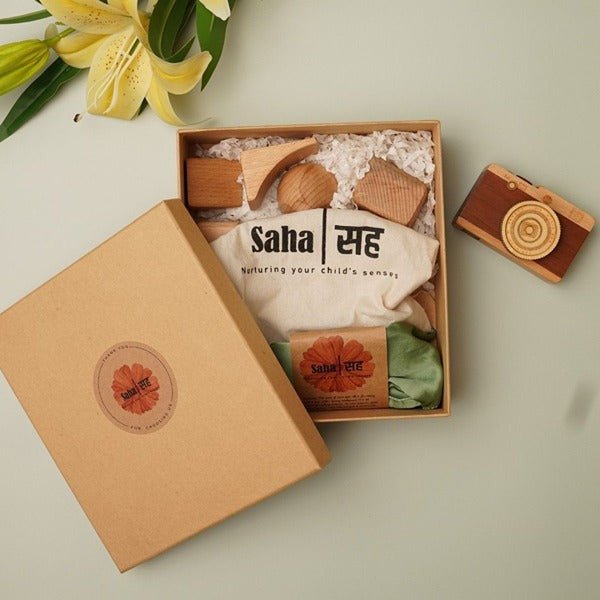



Share:
Eco-Friendly Navratri Pooja Kits: Sustainable Choices for the Festive Seasons
World Mental Health Day: Sustainable Products That Boost Your Mental And Physical Well-Being